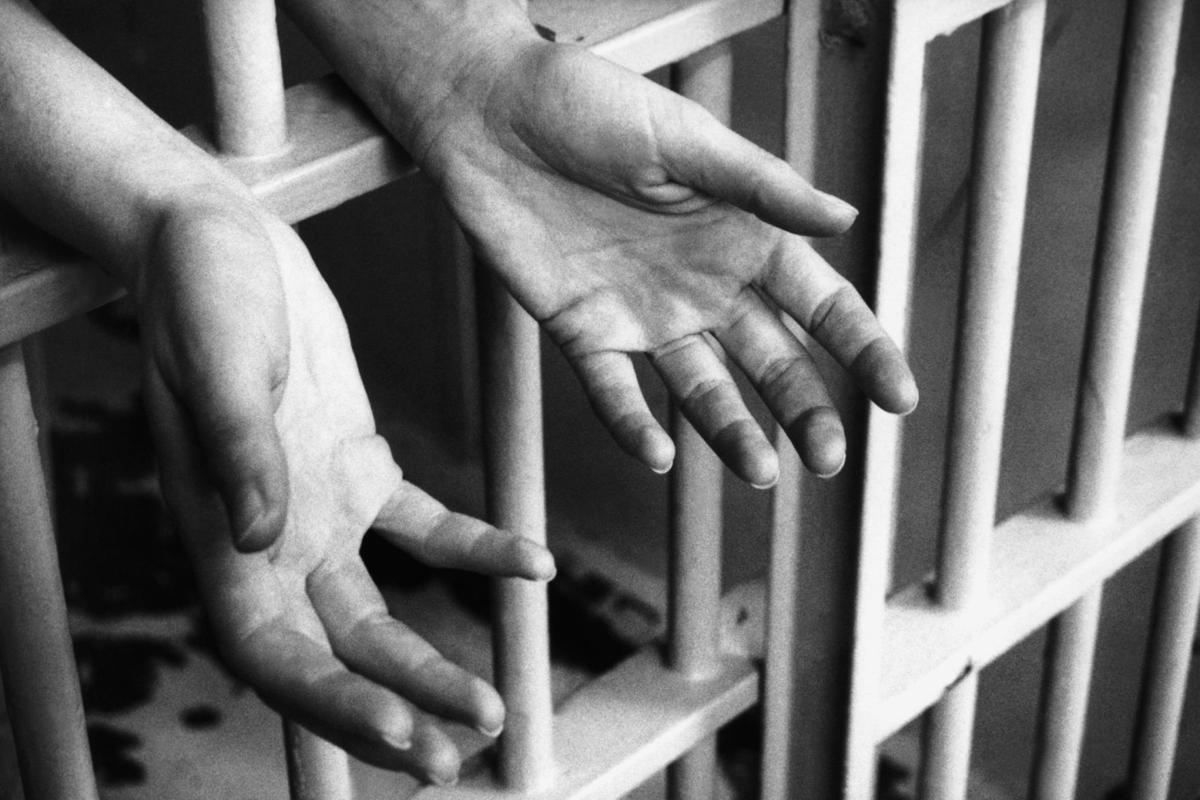
How our leaders spend taxpayers’ dollars reflects our values and our vision for a better society. While the budget process can be cumbersome, the final result says a lot about who we are.
This year, as the General Assembly meets to determine the state’s two-year budget, there is a unique opportunity for the legislature to make its mark on an issue that fundamentally demonstrates our collective values: Will the commonwealth continue to lock our children in ineffective youth prisons? Or will Virginia support a complete transformation of its youth justice system into one that strengthens young people and families?
State representatives recently heard a proposal from the Department of Juvenile Justice (DJJ) asking for authorization to construct a 60-bed youth prison in the Hampton Roads region.
The commonwealth has been making progress toward transforming its juvenile justice system, having closed Beaumont and withdrawn a proposal to build a new prison in Chesapeake. Virginia has also reinvested the savings from the closure of Beaumont to build a continuum of proven accountability and treatment services across the state for justice system-involved youth.
This great work is moving Virginia away from the old youth prison model — which is why building new facilities would be a step backward. Youth prisons don’t work because they lock young people up far from their families and the communities that support them. Statistics show that youth prisons fail to rehabilitate young people, and that young people emerge from the system even more likely to get arrested again. Worse, youth prisons drastically overincarcerate young people of color: In Virginia, black youth accounted for 68 percent of all DJJ commitments in 2017 — and the racial disparities are especially pronounced in Hampton Roads, where DJJ proposes the new prison. On the rare occasions that children do need secure care, that care should be located in their communities, close to support systems which research shows are more effective at rehabilitation. A one-size-fits-all approach would harm children, communities, and the economy
Our communities know there is a better way forward. Through town halls, visioning sessions, and protests, young people and their families have illustrated their vision for a safer, fairer, and more effective system. Instead of prisons, this community-supported transformation plan emphasizes a range of evidence-informed services for justice-involved youth.
This vision centers on a few key principles, laid out in a new report by RISE for Youth, a nonpartisan campaign in support of community alternatives to youth incarceration. A focus on prevention helps to reach at-risk youth before they have committed an offense. Support for parents helps to strengthen families and keep communities safe.
But state budgets deal in the specifics — so our communities got specific: In Newport News, community members realized a need for more community-based programs to help keep youth productive and employed so they don’t get into trouble in the first place. In Norfolk, young people yearn for supportive adults who can offer mentorship and guidance, as well as better training for law enforcement around mental health and crisis intervention. And in Chesapeake, families called for more development and mentorship programs, like Big Brothers Big Sisters of Hampton Roads.
Fortunately, some of these programs already exist. Teens With a Purpose, an organization that centers youth advocacy voices through art, helps teens hold one another accountable and prepare for leadership roles. Youth Advocate Programs has been providing community-based programming and supports to youth and families in Virginia since 2009. ABU Unity Foundation works with youth and young adults to become leaders and advocates through mentorship and education. But these programs and others like them need our continued investment if they are to remain successful.
Our lawmakers are at a crossroads: Through the budget process, they can truly represent their constituents by allocating funds to put this community vision into practice. We need not look far to see examples: Governors from both sides of the aisle in Wisconsin, Connecticut, and New Jersey have announced an end to the largest, most institutional facilities. We’re imploring our Virginia legislators to give the community a true seat at the table. Let’s make Virginia a trailblazer in juvenile justice transformation by working together to build an effective and fiscally responsible system, capable of successfully supporting youth and making Virginia’s communities safer.
Valerie Slater is the coordinator of RISE for Youth, a nonpartisan campaign whose central goal is to develop a continuum of community-based alternatives to incarceration. Contact her at valerie@justice4all.org; for more information, visit www.riseforyouth.org.
View original article: http://www.richmond.com/opinion/their-opinion/guest-columnists/valerie-slater-column-youth-prisons-don-t-reflect-our-values/article_da892380-be42-5f89-955b-d1d7d3a17568.html

No Comments to "Valerie Slater column: Youth prisons don’t reflect our values"